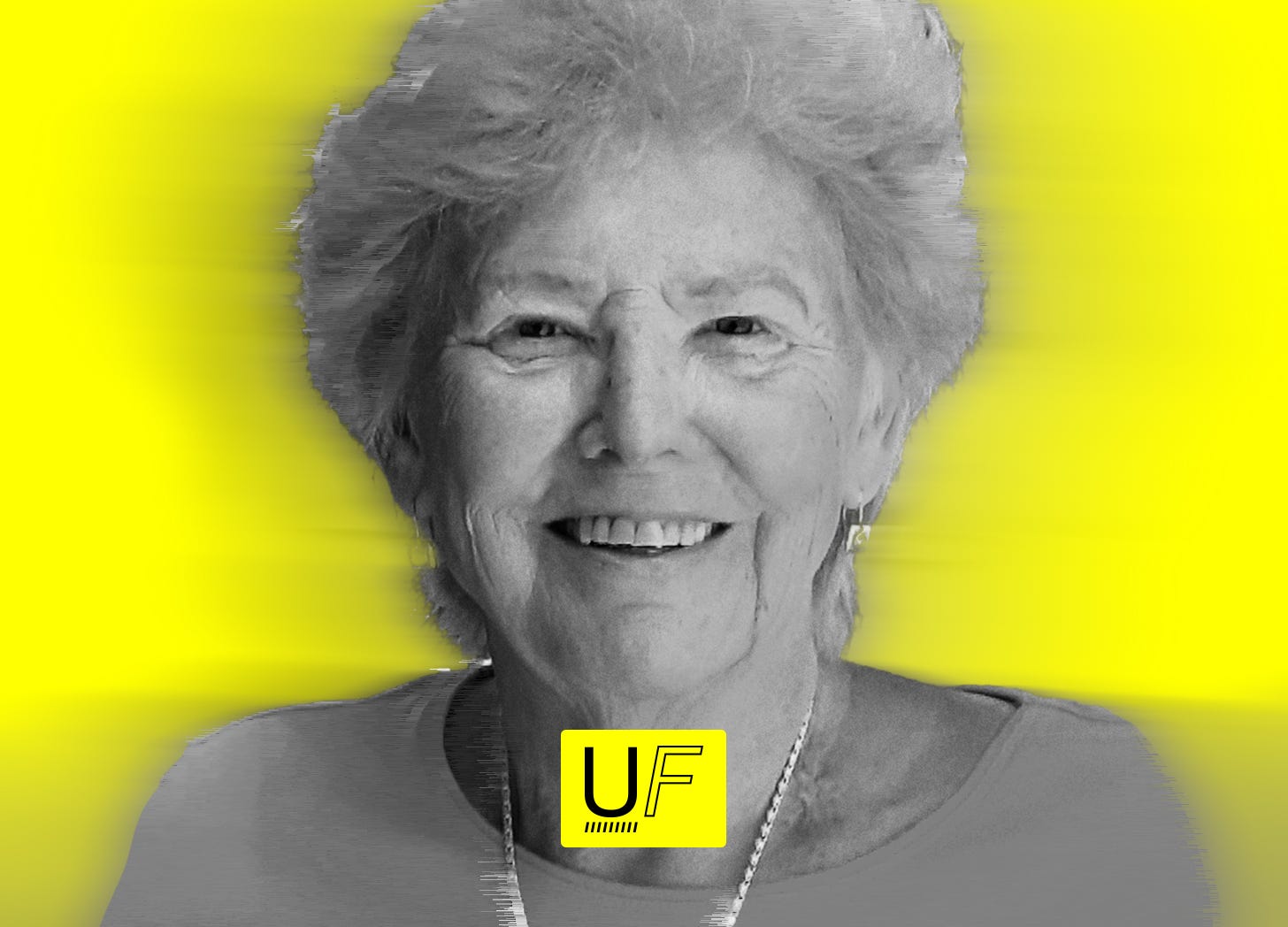Apr 02 2025 114 mins 5
What if the ongoing devastation of the biosphere and the ascendancy of complex AI are rooted in the same anthropocentrism? What if there were a new theory of mind that incorporated our biological kin and AI? What if such a theory foregrounded ecological relationality and a broadening of our idea of what cognition is—and what can be a cognizer?
Today's guest, N. Katherine Hayles, proposes such a theory—the integrated cognitive framework (ICF)—in her new book, Bacteria to AI. It's a wild mutant of a read, drawing ideas from evolutionary biology, feminist theory, speculative fiction, and more—and I cannot recommend it enough.
Grab your copy of Bacteria to AI here!
Support the show by checking out: ZBiotics (Decrease impact of hangovers. Code: JESSEDAMIANI for 10% off), MUD\WTR (43% off starter kits), 1Password (simplify your life and increase digital safety), Mission Farms CBD (healthy, effective CBD for relief, sleep, and wellbeing—25% off with email), NordVPN (the simplest way to protect yourself online, 74% off 2-year plans).
N. Katherine Hayles is the Distinguished Research Professor at the University of California, Los Angeles, and the James B. Duke Professor Emerita from Duke University. Her research focuses on the relations of literature, science and technology in the 20th and 21st centuries. Her twelve print books include Postprint: Books and Becoming Computational (Columbia, 2021), Unthought: The Power of the Cognitive Nonconscious (Univ. of Chicago Press, 2017) and How We Think: Digital Media and Contemporary Technogenesis (Univ. of Chicago Press 2015), in addition to over 100 peer-reviewed articles. Her books have won several prizes, including The Rene Wellek Award for the Best Book in Literary Theory for How We Became Posthuman: Virtual Bodies in Literature, Cybernetics and Informatics, and the Suzanne Langer Award for Writing Machines. She has been recognized by many fellowships and awards, including two NEH Fellowships, a Guggenheim, a Rockefeller Residential Fellowship at Bellagio, and two University of California Presidential Research Fellowships. She is a member of the American Academy of Arts and Sciences. Her latest book will be is, Bacteria to AI: Human Futures with our Nonhuman Symbionts from University of Chicago Press.
CREDITS: This podcast is edited and produced by Adam Labrie and me, Jesse Damiani. Adam Labrie also edited the video version of the podcast, which is available on YouTube. The podcast is presented by Reality Studies. If you appreciate the work I’m doing, please subscribe and share it with someone you think would enjoy it.
Find more episodes of Urgent Futures at: youtube.com/@UrgentFutures.
Get full access to Reality Studies at www.realitystudies.co/subscribe
